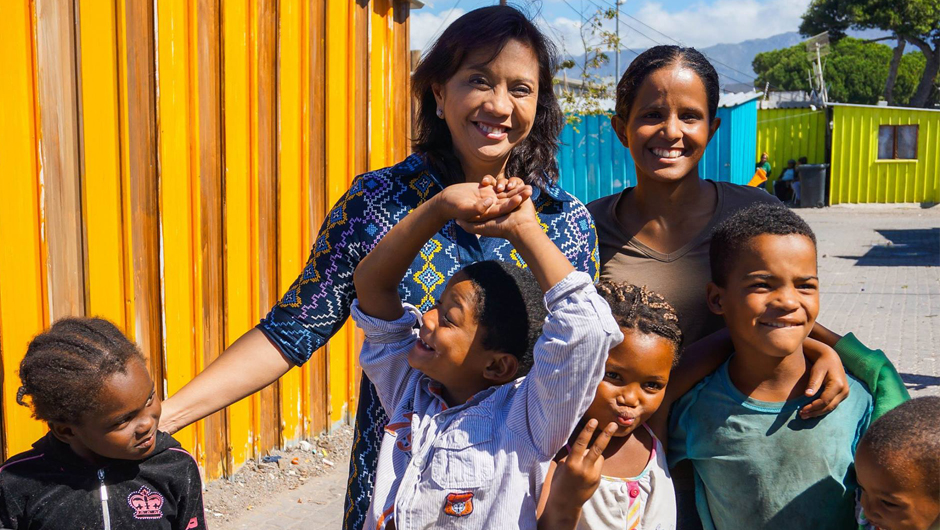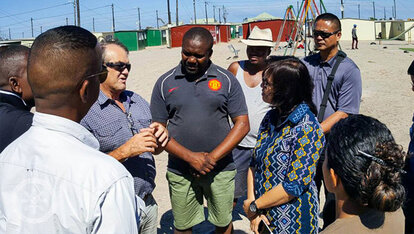Philippines and South Africa Have Parallel Courses in History

The study tour of the Philippine delegation to South Africa concluded with representatives of the two countries committing to keep the flame of democracy alive.
The Philippines ousted a dictator in 1986, while South Africa ended apartheid in 1994. Both points in history ushered in a new constitution for both nations, and the promise of democracy – protection of human rights, and addressing the inequality between the rich and the poor, and between blacks and white. While today, challenges remain, leaders especially Philippine Vice President Leni Robredo and South Africa Member of Parliament Mmusi Maimane are committed to defend the constitution, and ensure freedom, fairness, and opportunity for all.
The trip to South Africa included a visit to resettlement areas. The delegation went to a re-blocking site in Cape Town called Flamingo Heights, which was a product of coordinated efforts between the city Government and civil society. NGO participation was highlighted as the key to the success of the building the new community.

Robredo also gave a speech before members of parliament, members of the provincial legislature of Western Cape, councilors, and civil society activists at a Women's Forum.
The activities for the visit were organized by the Friedrich Naumann Foundation for Freedom (FNF) as part of its international dialogue program. Among FNF's thrust is to help leaders in developing countries by giving them the opportunity to meet and share best practices with officials from other countries such those in the European Union, and now also South Africa.
